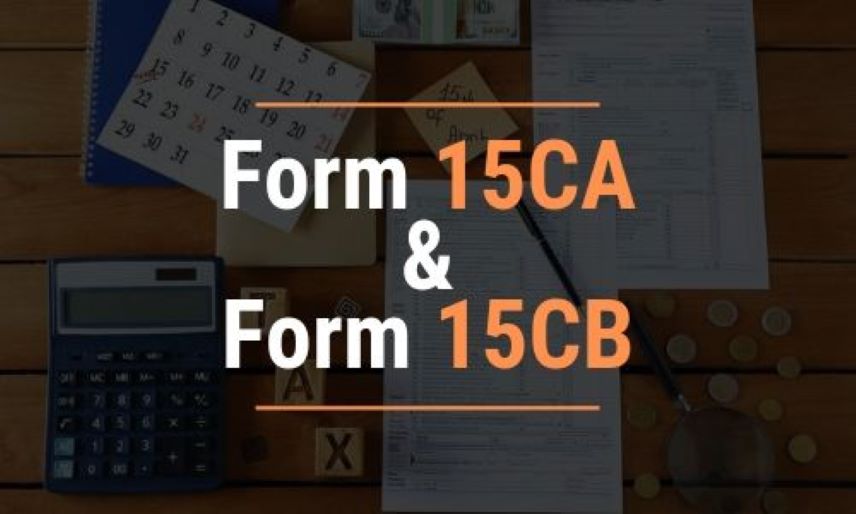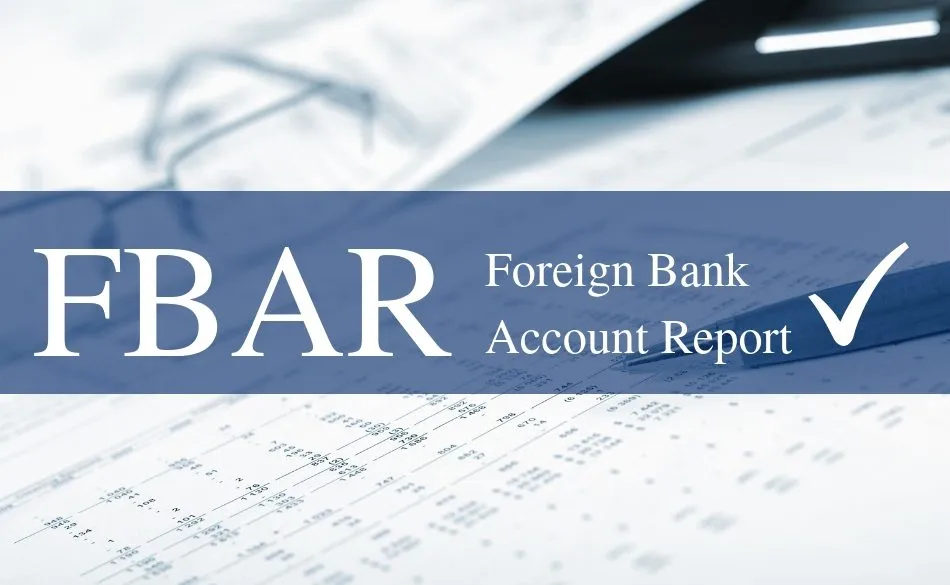 WhatsApp
WhatsApp
 Call Us
Call Us
 Email Us
Email Us
 Whatsapp Community
Whatsapp Community

Form 15CA and Form 15CB are essential components of the process for transferring funds to non-residents or foreign entities. Let's delve into these forms and their significance:
Form 15CA: This is a declaration of remittance that the remitter, the person making the payment to a non-resident, must provide to the authorized dealer bank, the institution facilitating the remittance. It is a prerequisite before the payment can be made. Form 15CA includes vital details such as the remitter and beneficiary's names and addresses, the purpose of the remittance, the remittance amount, and any tax deducted at source (TDS), if applicable.
Form 15CB: This certificate is issued by a Chartered Accountant and is essential for the remitter. It certifies that the payment is either not subject to taxation in India or that the tax has been deducted at the correct rate. Additionally, it confirms that the remittance adheres to the provisions of the Income Tax Act, 1961, and complies with the Double Taxation Avoidance Agreement (DTAA) between India and the non-resident's home country.
Here's a breakdown of when each form is required:
It's important to note that neither Form 15CA nor Form 15CB requires approval from the Reserve Bank of India, and they are not to be furnished by individuals for remittances.
Furthermore, neither form is mandated for a specific list of payments of specified nature outlined in Rule 37BB of the Income Tax Act, 1961. (You can readily access this list on various platforms.)
Both Form 15CA and Form 15CB play a crucial role in ensuring that remittances comply with Indian tax laws and regulations






